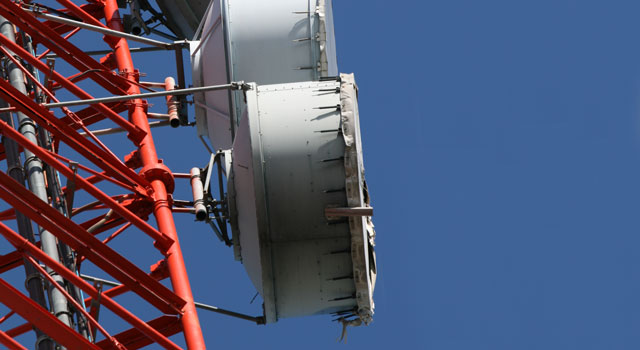
iBurst parent Wireless Business Solutions (WBS) is by no means the biggest offender when it comes to unpaid spectrum licence fees, information in TechCentral’s possession shows.
The Independent Communications Authority of South Africa (Icasa) is owed a total of R372m in unpaid spectrum fees from a variety of entities in both the public and private sectors. The biggest single outstanding amount is a staggering R189,2m Icasa says it is owed by the South African National Defence Force.
This is according to an Icasa document, “National Revenue Fund Project Plan”, which shows the closing balances for outstanding spectrum licence fees as of 31 December 2012.
After the defence force, Vodacom has the next largest sum owing. The mobile operator has an outstanding balance of R77,8m. WBS, which was the subject of raids on six of its facilities by Icasa last week, is third on the list, with an amount outstanding of R60,1m.
Neotel also owed the authority money, with Icasa calculating the operator’s unpaid licence fees at R32,3m, although it’s understood this has since been settled.
The issue of unpaid spectrum licence fees came to a head last Wednesday when Icasa, armed with a warrant, raided WBS sites around Gauteng and confiscated equipment it claims the company was using unlawfully.
The defence force could not be reached for comment on the money Icasa claims it is owed.
Vodacom, meanwhile, says it is contesting the fees Icasa has imposed on it for the 12-month period from April 2011 to March 2012.
“As per the radio frequency spectrum fees regulations of 2010, the amount paid by Vodacom was correct and we dispute that an additional amount is owed,” says spokesman Richard Boorman.
In 2010, Icasa introduced revised regulations, intending for new fees to come into effect in April 2011 but announced that it would defer the new fees for a year while it readied itself for the administrative challenge the new fees would present.
However, given that the new fees coming in on the original date rather than a year later would benefit some of the roughly 70 000 licensees while disadvantaging others, the issue of which set of regulations should be used for the period April 2011 to March 2012 is being contested.
Fixed-line operator Telkom, for example, would be liable for R37m in fees under the old regulations, but a staggering R922m under the new ones. Mobile operators, meanwhile, stand to save money.
The confusion as to which regulations have been used to assess the quantum of outstanding fees could account for at least part of the defence force’s bill given that it holds roughly 600 frequency licences and uses more than 4GHz of spectrum.
Icasa had not responded to e-mailed questions at the time of publication. — (c) 2013 NewsCentral Media
- Image: Atomic Taco/Flickr




